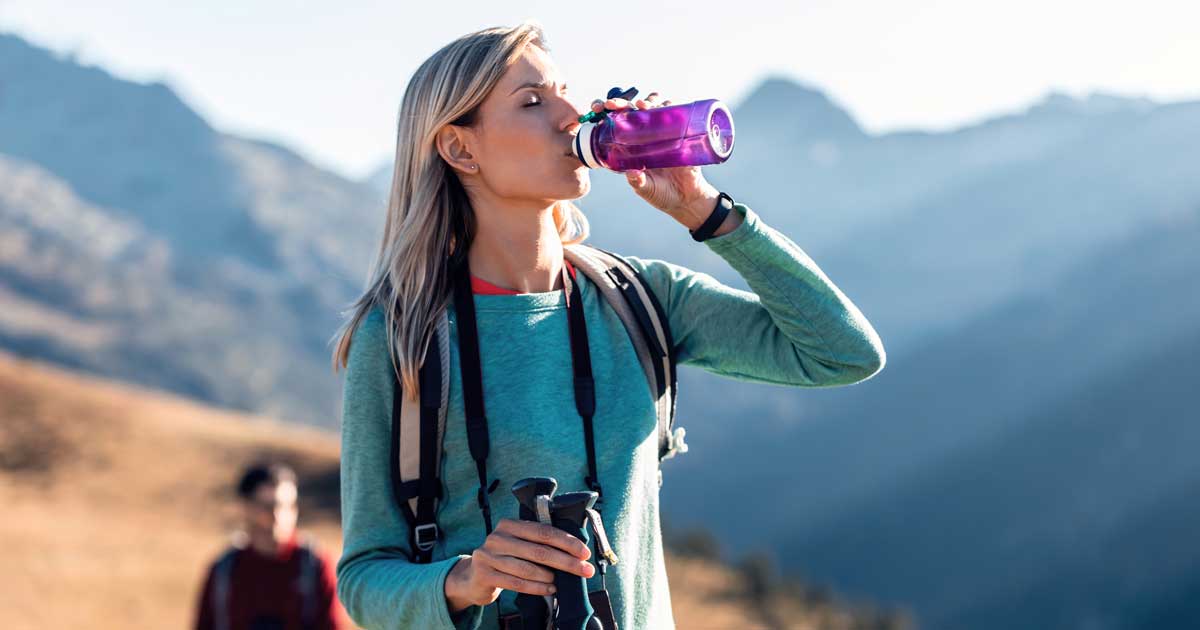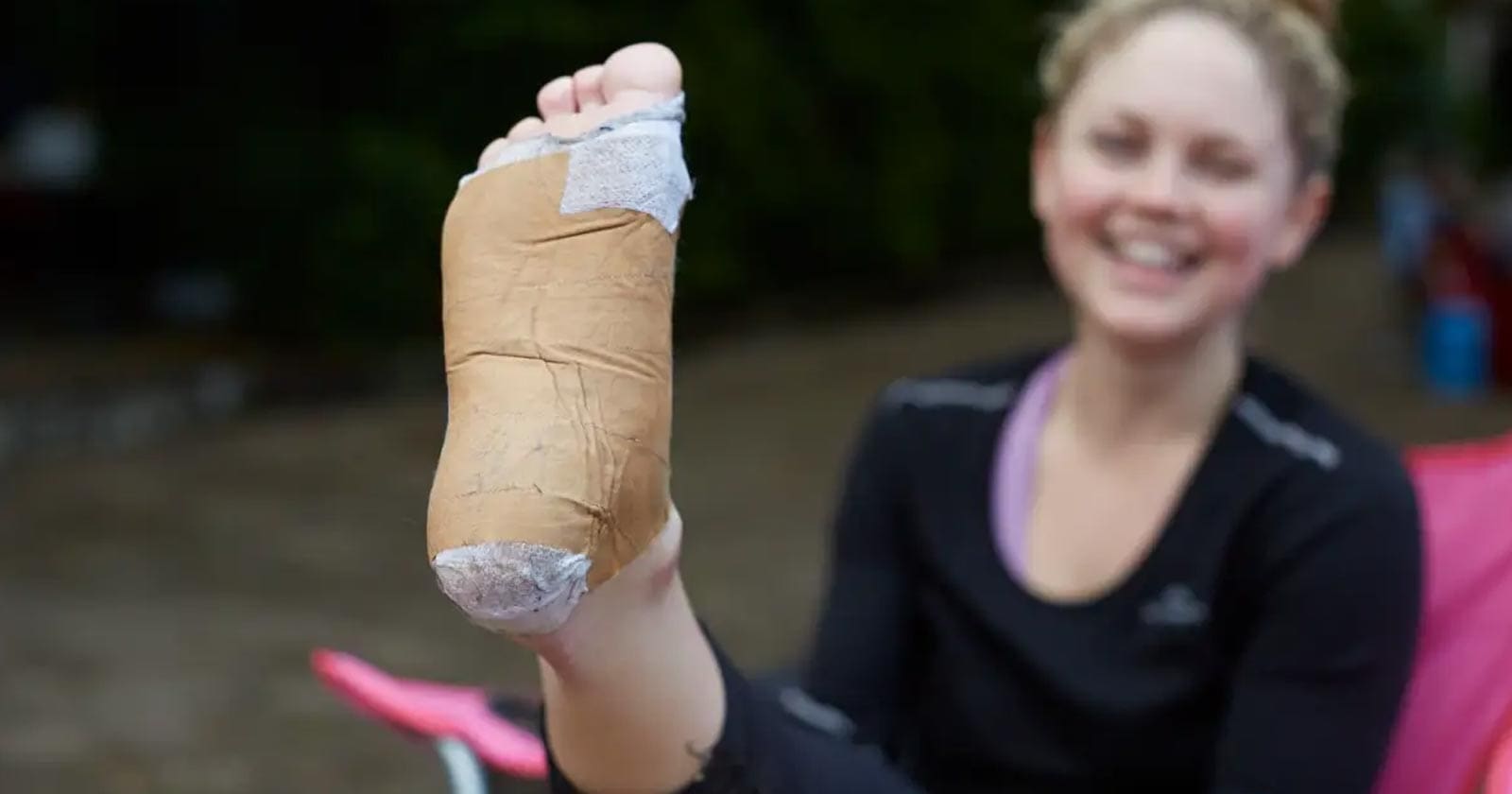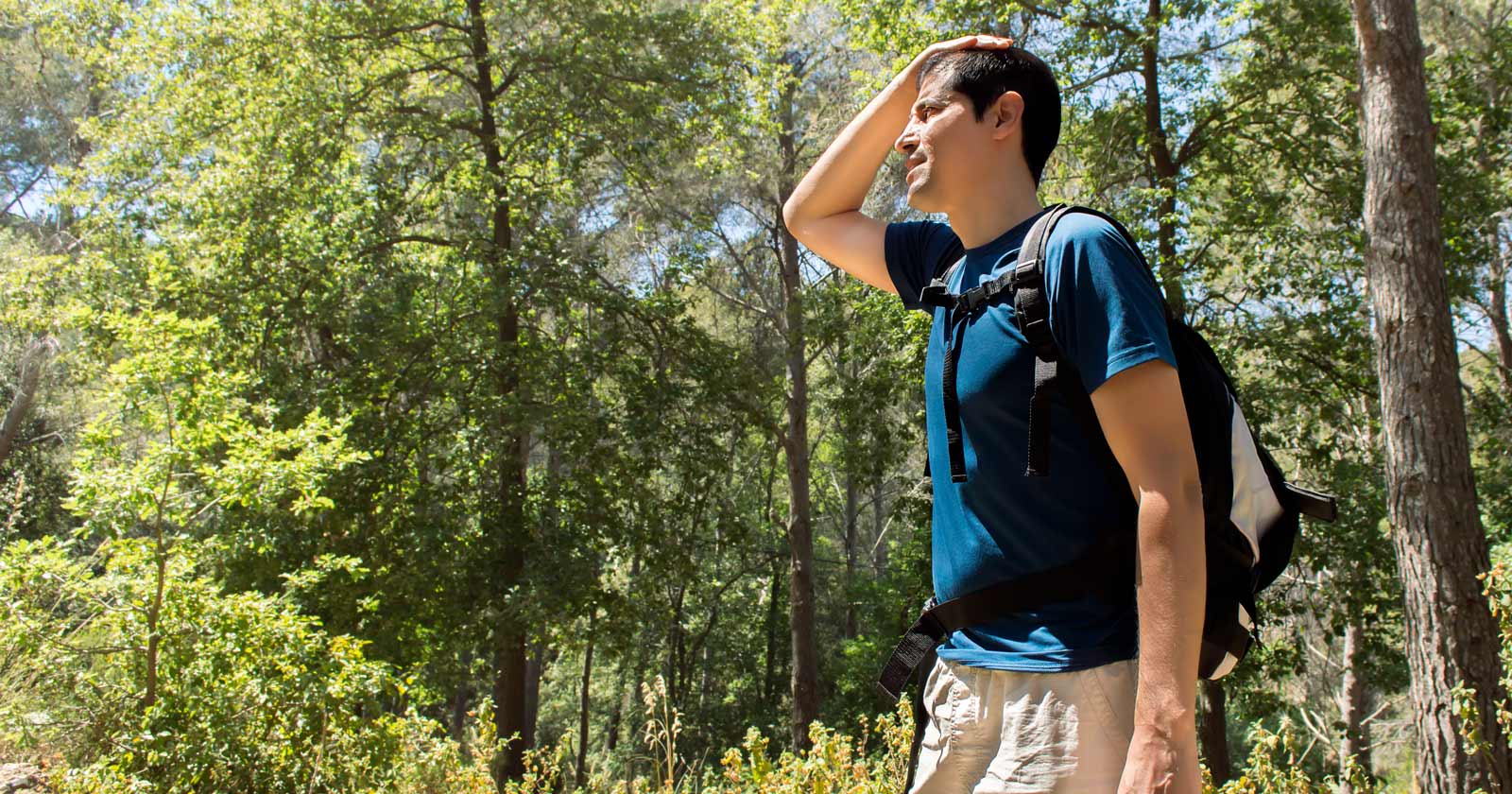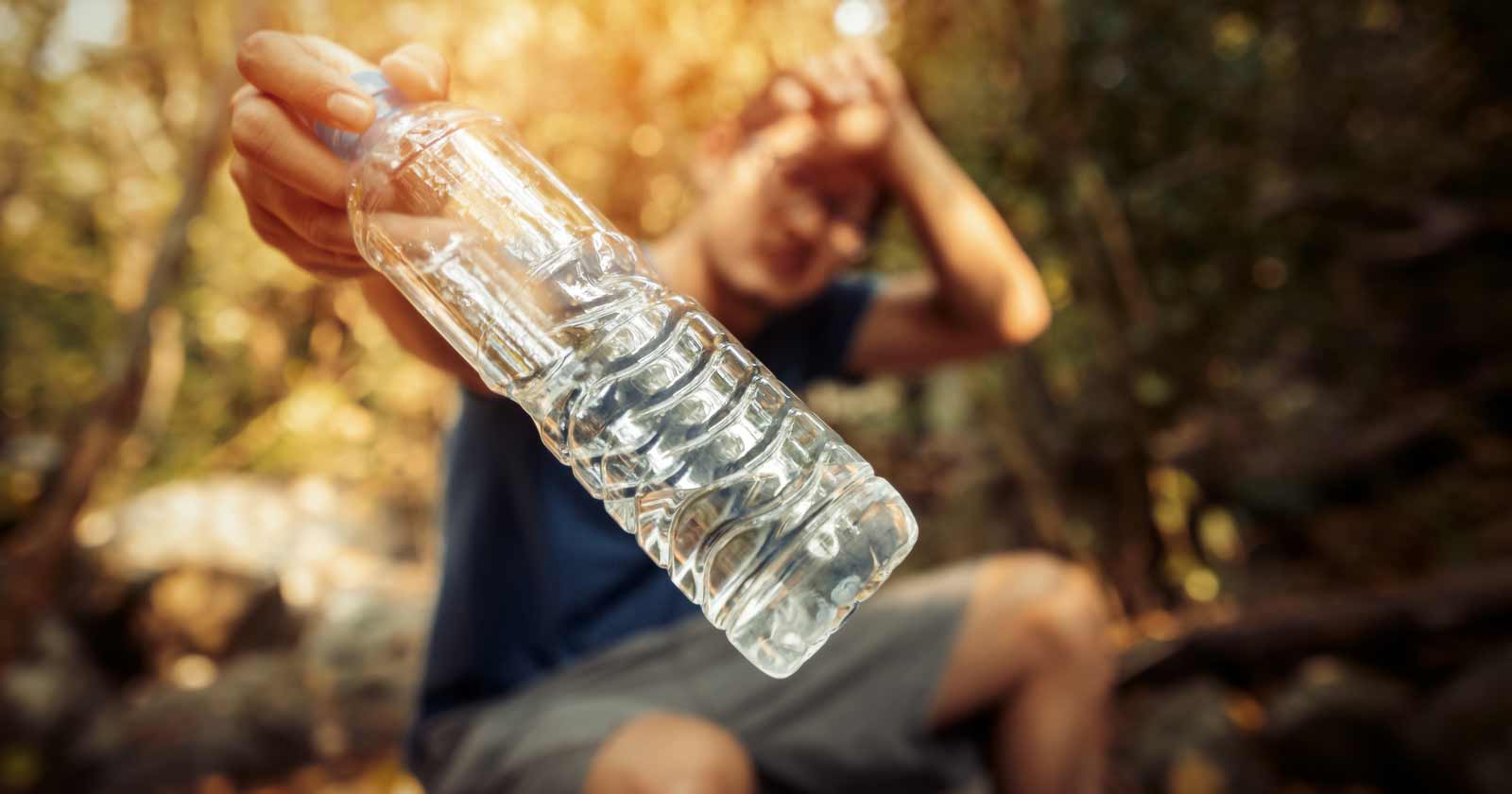Australia has the highest rate of skin cancer in the world, and it is estimated that two in three Australians will develop skin cancer by the age of 70. The sun’s ultraviolet (UV) rays are the main cause of skin cancer, so it is important to protect yourself from the sun when hiking in Australia.
The sun’s UV rays can cause a range of physical and health effects, including:
- Sunburn: Sunburn is a painful condition that can cause redness, swelling, and blistering of the skin. Sunburn can also lead to dehydration and heat exhaustion.
- Premature aging: UV rays can damage the skin’s collagen and elastin, leading to premature aging, such as wrinkles and age spots.
- Skin cancer: Skin cancer is the most common cancer in Australia. There are three main types of skin cancer: basal cell carcinoma, squamous cell carcinoma, and melanoma. Melanoma is the most serious type of skin cancer and can be life-threatening.
How to protect yourself from the sun when hiking
There are a number of ways to protect yourself from the sun when hiking, including:
- Sunscreen: Apply a broad-spectrum sunscreen with an SPF of 30 or higher to all exposed skin, including your face, ears, neck, and hands. Reapply sunscreen every two hours, or more often if you are sweating or swimming.
- Clothing: Wear loose-fitting, long-sleeved clothing and pants made from a tightly woven fabric. A wide-brimmed hat and sunglasses can also help to protect your face and eyes from the sun.
- Hydration: Make sure to drink plenty of water before, during, and after your hike. Dehydration can make you more susceptible to sunburn and other heat-related illnesses.
- Start early: If possible, start your hike early in the morning or late in the afternoon to avoid the hottest part of the day.
Additional tips for sun protection
- Seek shade: If you can, take breaks in the shade, especially during the middle of the day.
- Use insect repellent: Some insect repellents also contain sunscreen, so be sure to check the label.
- Be aware of the UV Index: The UV Index is a measure of the sun’s UV strength. It is important to be aware of the UV Index when planning your hike and to take extra precautions on days when the UV Index is high.
Choosing the right sunscreen
When choosing a sunscreen, it is important to look for a sunscreen that is:
- Broad-spectrum: Broad-spectrum sunscreen protects against both UVA and UVB rays. UVA rays can cause premature aging and skin cancer, while UVB rays can cause sunburn and skin cancer.
- Water-resistant: Water-resistant sunscreen will stay on your skin even if you are sweating or swimming.
SPF 30 or higher: SPF stands for sun protection factor. SPF 30 sunscreen blocks 97% of UVB rays, while SPF 50 sunscreen blocks 98% of UVB rays.
Applying sunscreen
To apply sunscreen effectively, follow these steps:
- Apply sunscreen to all exposed skin, including your face, ears, neck, and hands.
- Apply sunscreen liberally. Most adults need about one ounce of sunscreen to cover their entire body.
- Reapply sunscreen every two hours, or more often if you are sweating or swimming.

Choosing the right clothing
When choosing clothing for hiking, it is important to select clothing that is:
- Loose-fitting: Loose-fitting clothing allows air to circulate and helps to keep you cool.
- Long-sleeved: Long-sleeved clothing helps to protect your arms from the sun.
- Made from a tightly woven fabric: Tightly woven fabrics provide better protection from UV rays than loosely woven fabrics.
Hydration
Dehydration can make you more susceptible to sunburn and other heat-related illnesses. It is important to drink plenty of water before, during, and after your hike. As a guide, and based on the style of hike, aim to drink at least one liter of water per hour while hiking in hot weather.
Starting early
If possible, start your hike early in the morning or late in the afternoon to avoid the hottest part of the day. The UV Index is highest between 10am and 2pm.
Sun protection is important for everyone, but it is especially important for hikers who are spending time outdoors. By following the tips above, you can protect yourself from the sun and reduce your risk of skin cancer.
Reference: Cancer Council Australia: Sun protection





